Lively German shepherd puppy Craigie is like a bull in a china shop, says his trainer Amanda Smith.
“He has no awareness of personal space,” she laughs, “he just charges into you!”
But Craigie is destined to become a blind person’s guide dog.
When I meet him he’s 10 months old and weighs a whopping 40kg.
Amanda, 44, reckons he still thinks he’s the tiny, eight-week-old bundle of fur she and her family first welcomed into their Arbroath home.
“He’s just full of fun,” she says. “He thinks he’s this little thing and doesn’t realise his size.”
She has a challenge on her hands getting him ready for the next stage of his training – guide dog ‘school’.
How Craigie will go from puppy to guide dog
But this is the seventh puppy she has raised for Guide Dogs Scotland, with the help of partner Alan Soutar, 46, and son Logan Guthrie, 20.
So if anyone can do it she can.
Mum-of-three Amanda is confident Craigie will mature and learn enough to fulfil his destiny.
“He’s very clever, he learns quickly,” she says. “He’s just a typical 10-month-old puppy.”
Amanda and her family welcomed their first puppy Quando, a Labrador retriever, in 2017.
She says: “We didn’t want to become tied to a pet and then have a dog that would eventually die.
“We saw an advert for an open day at the Guide Dogs centre in Forfar and went to find out what it was all about.
“Obviously, you see a puppy and you want one, so we fell for it!”
The family now have the pet they didn’t intend to, as one of their puppies wasn’t suitable for life as a Guide Dog.
“When Tasha didn’t make it we couldn’t let her go anywhere else, so now we have a pet anyway!”
Amanda’s older children, Craig and Madison, had left home by then so Logan was delighted to come home from school to find German shepherd Tasha back for good.
Puppy raisers like Amanda take young guide dogs-to-be into their homes for between 12 and 16 months.
They give them the basic training any puppy should get get, but with extras. And they prepare them for guide dog training, like that delivered by Guide Dogs Scotland at Forfar Regional Centre.
Football and darts, trains and taxis
She explains: “Your main role is to socialise them, get them used to noises and different surroundings.
“You go to shops, the doctors, the hairdresser, you travel on trains and buses.
“They have to get used to travelling in the footwell of a car as a blind person will take a taxi and the dog has to go in at their feet.”
For Craigie, that socialisation includes joining the crowds at Gayfield Park football matches. Arbroath Fooball Club has a partnership with Guide Dogs Scotland.
He’s also been to darts exhibitions. Alan, a firefighter, is a professional darts player, winning his first PDC title in June.
“We have photos of Koko (a previous puppy) with [darts players] Gary Anderson, Rob Cross, Michael Smith,” says Amanda.
Learning to avoid lampposts and other obstacles
“Darts crowds can be quite noisy. I play darts as well so he sometimes comes on a Thursday with me (to the pub where she plays).”
When she walks Craigie, Amanda is laying foundations for his future role.
“We walk in the middle of the pavement so he learns to walk a blind person in the middle, avoiding lamppost, bus stops, bins and, hopefully, people but sometimes they walk towards you.
“You guide them towards lower kerbs to cross the road. We teach them how to cross the road, how to find crossings and traffic lights.”
“Recall has to be amazing as they do have to come back to the blind person.
“And they are not allowed on furniture, to jump up on people or play with a ball. You wouldn’t want a blind person out walking, someone kicks a ball and the dog darts off to get it!”
Guide dog puppies even have to learn to be more regimented in bodily functions.
“They have to learn to eat on cue, either by a whistle or a certain word,” says Amanda.
There’s time for work, rest and play
“He has to learn to go to the toilet on cue. That’s so when they are with a blind person they go to the toilet before they leave home and when they are out they are clean.”
Blind people are exempt from having to pick up after their dog, but it’s better for all if the situation is avoided.
Despite all the rules and requirements, Amanda insists that there’s still time for play for guide dogs both in training and qualified.
She says: “I’ve had comments made to me when I’m at a bus stop from people saying they don’t get much fun.
“But I’ll have just been at the park with him burning off his energy before I need him to be calm to walk round the shops.
“I can guarantee you he plays!”
She gives the example of one blind woman she knows who regularly lets her guide dog off to play in the park.
“The dog wears a bell so the lady knows where he is,” she explains.
Craigie has a special lead and blue jacket to distinguish him as a guide dog puppy. But that doesn’t guarantee him entry to anywhere a working guide dog can go.
“A qualified, working guide dog you cannot refuse entry anywhere by law but you can refuse them when they are just in training,” Amanda explains.
“We rely on the goodwill of shops and other places. Luckily, the majority don’t have an issue.”
Tasha no longer has that privilege.
“She’s so well trained she went everywhere with me but now she can’t,” says Amanda. “If we go to Morrison’s I have to leave her with someone outside and she’s wondering why she’s not going in!”
The question Amanda is asked most often is how she can bear saying goodbye when it’s time for her puppies to go.
She says: “It’s is heart-breaking when they leave.
“I want to keep them all but someone needs them.
Being part of the puppies’ lives when they move on
“And when the forever family gets in touch you’re still part of their lives.”
The family still see most of the dogs they have trained.
And it makes them so proud to see their playful, mischievous pups matured into fully-qualified guide dogs.
Amanda says: “When you see them walk in harness it’s amazing, they are just so intelligent, so aware.
“It’s like a child going away to uni and they come back and they’re grown up and responsible!
Their first puppy Labrador retriever Quando is now with a 92-year-old woman in Belfast, who they have visited and keep in touch with.
Amanda says: “The bond between them is amazing.
“When we went to visit, he was her dog, he was no longer ours.
“He came running over to the driveway gates to greet us and was jumping up and down but then he kept going back and forth to check on Mary.”
Training ‘bull in a china shop’ Craigie has been one of Amanda’s toughest challenges, so far.
But it hasn’t put her off.
“My goal is 10! Then I’ll take it from there.”
The Guide Dogs Puppy Appeal helps people like Amanda and her family raise puppies like Craigie to become life-changers.
The charity also seeks people to become puppy raisers.
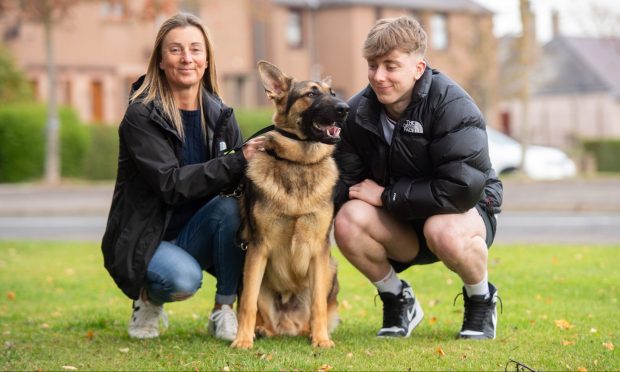
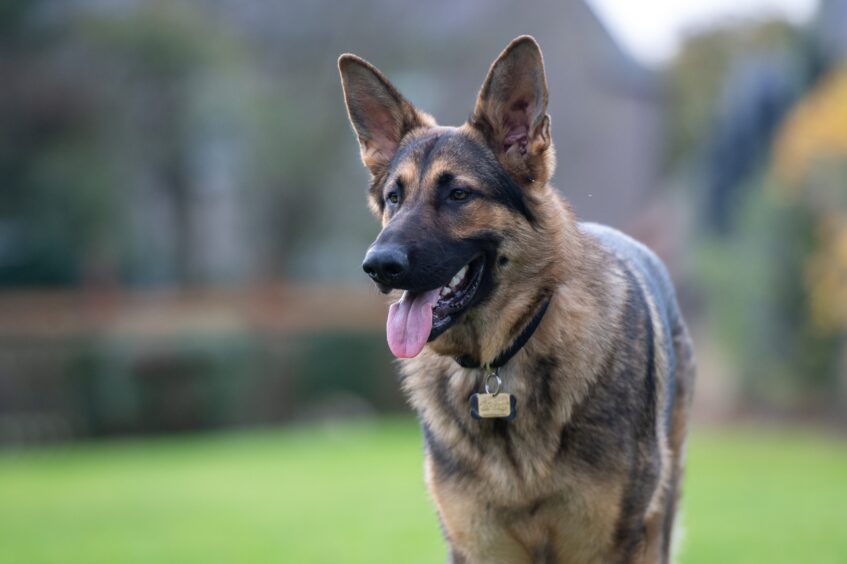
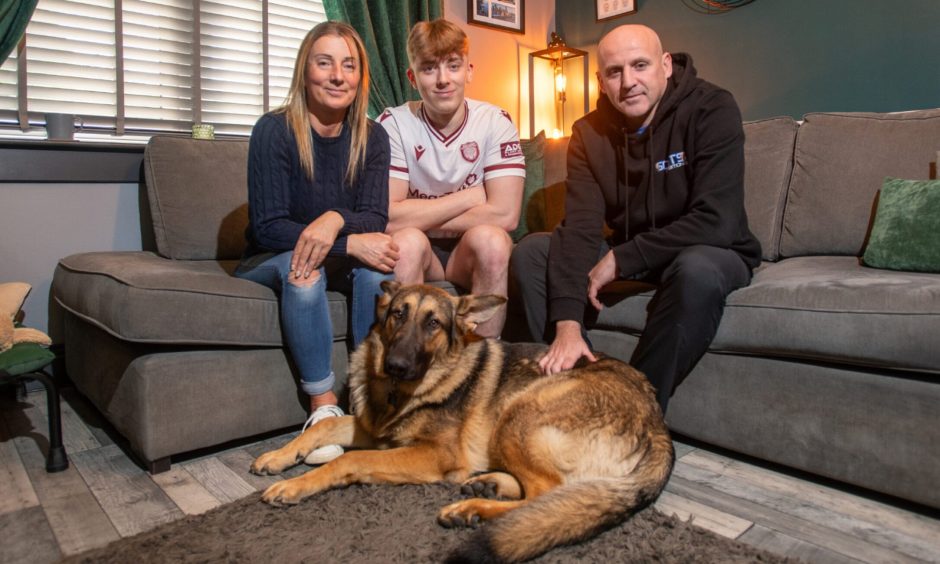
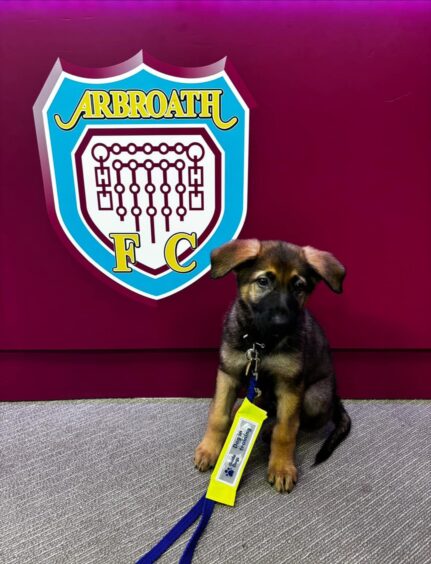
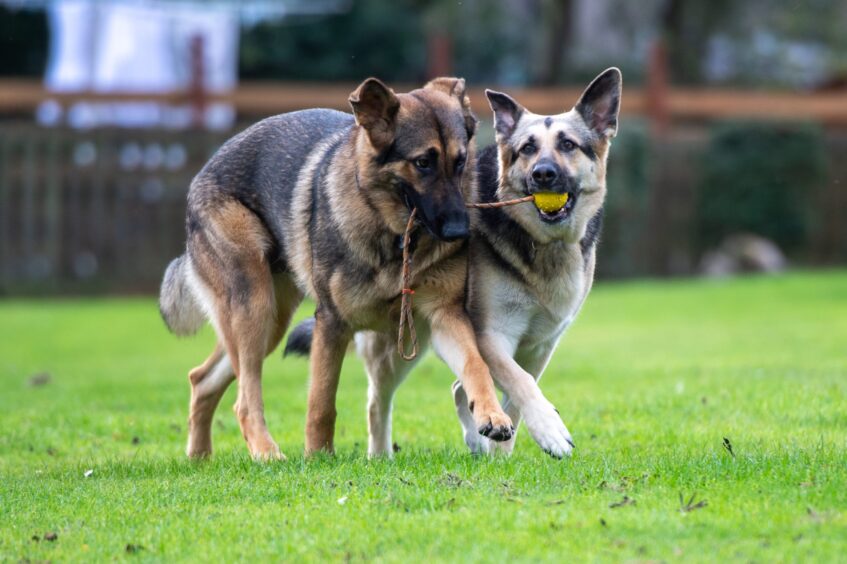
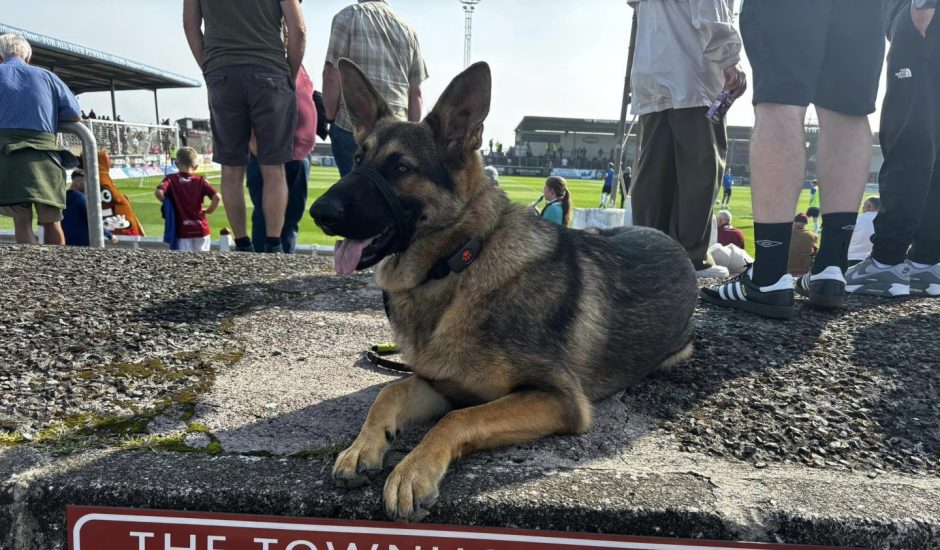

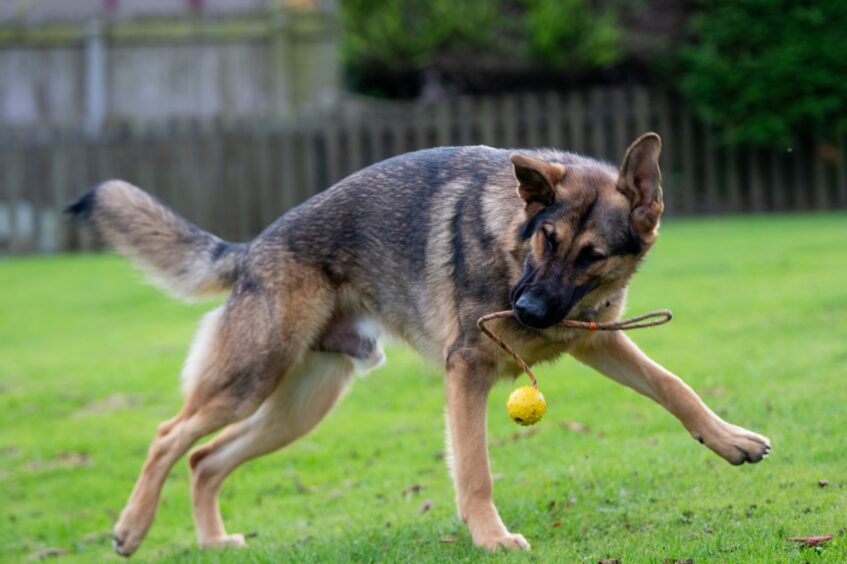
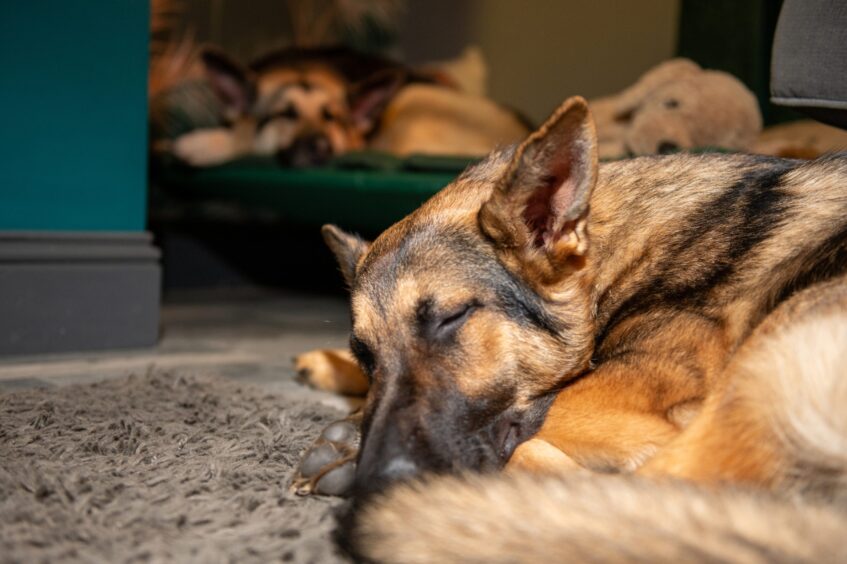
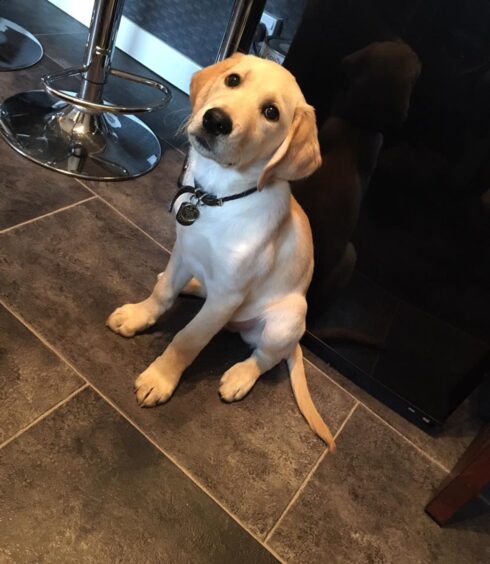


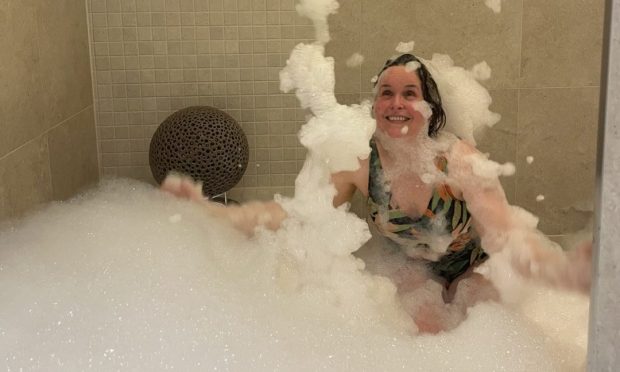


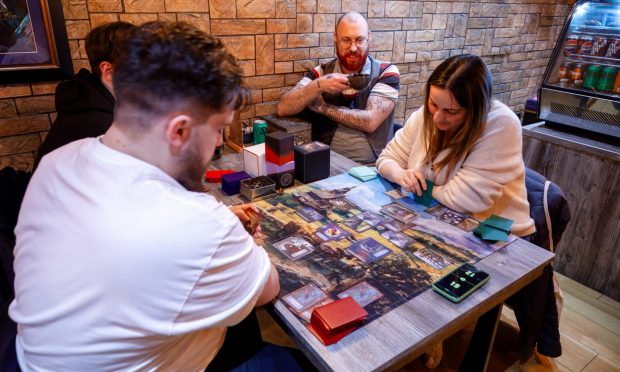
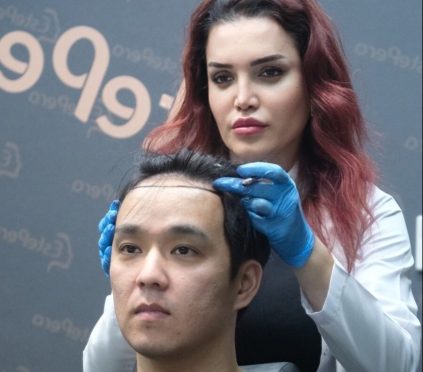
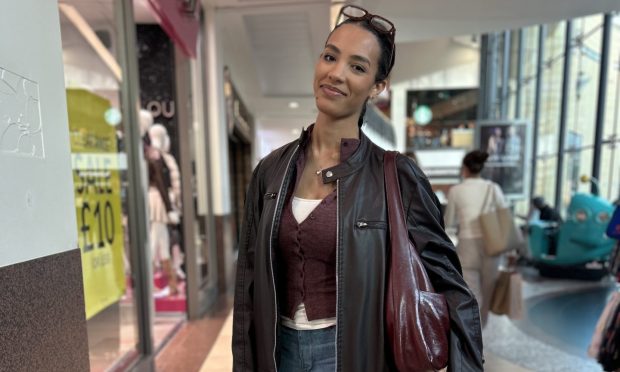
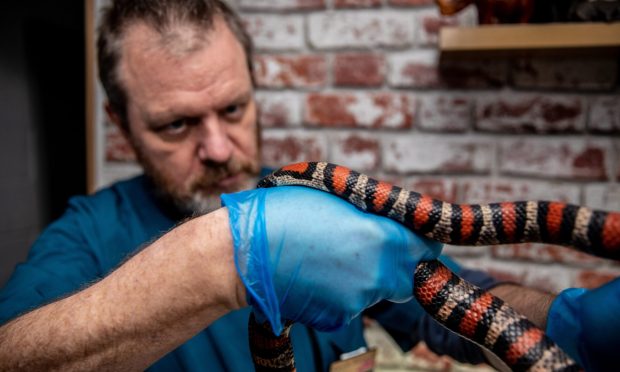
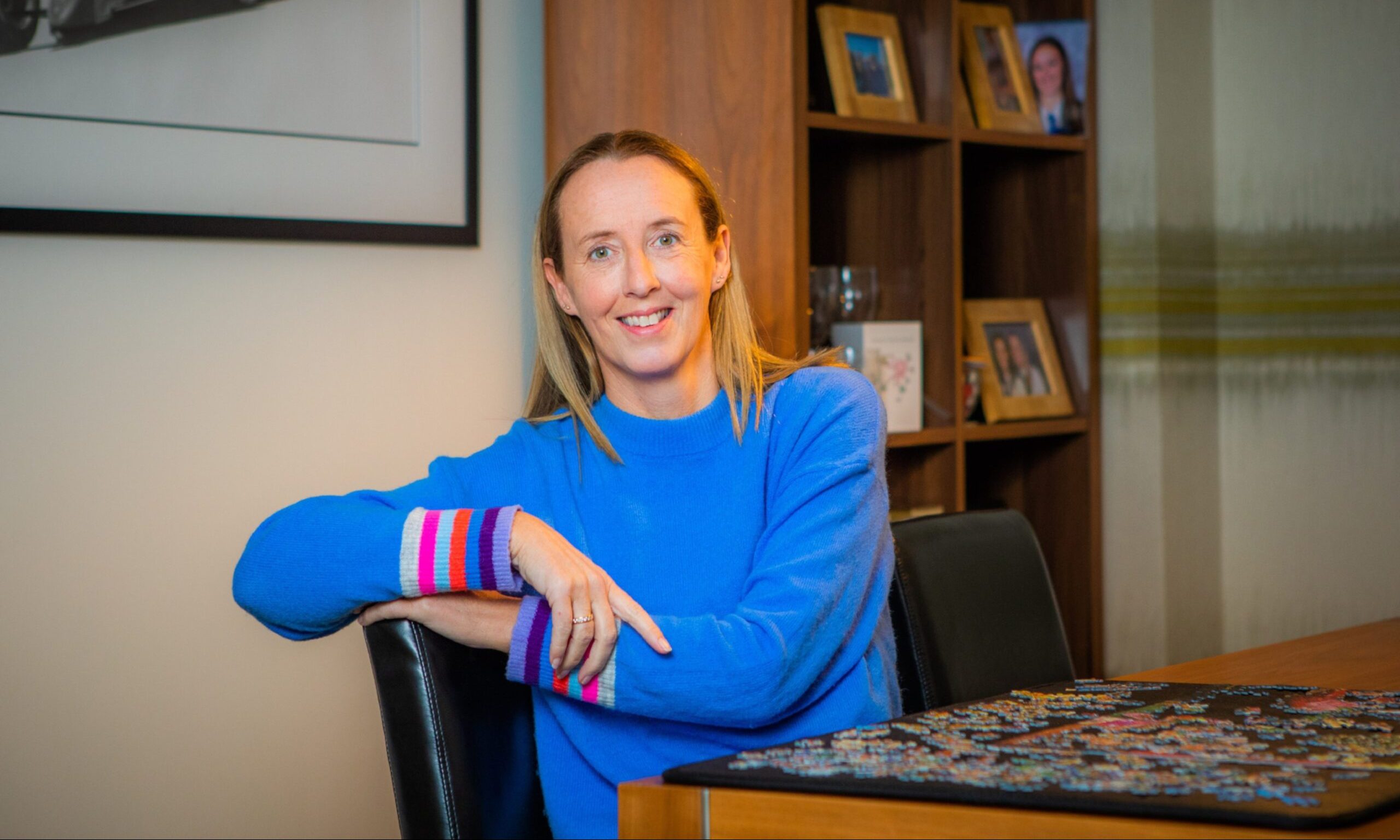
Conversation